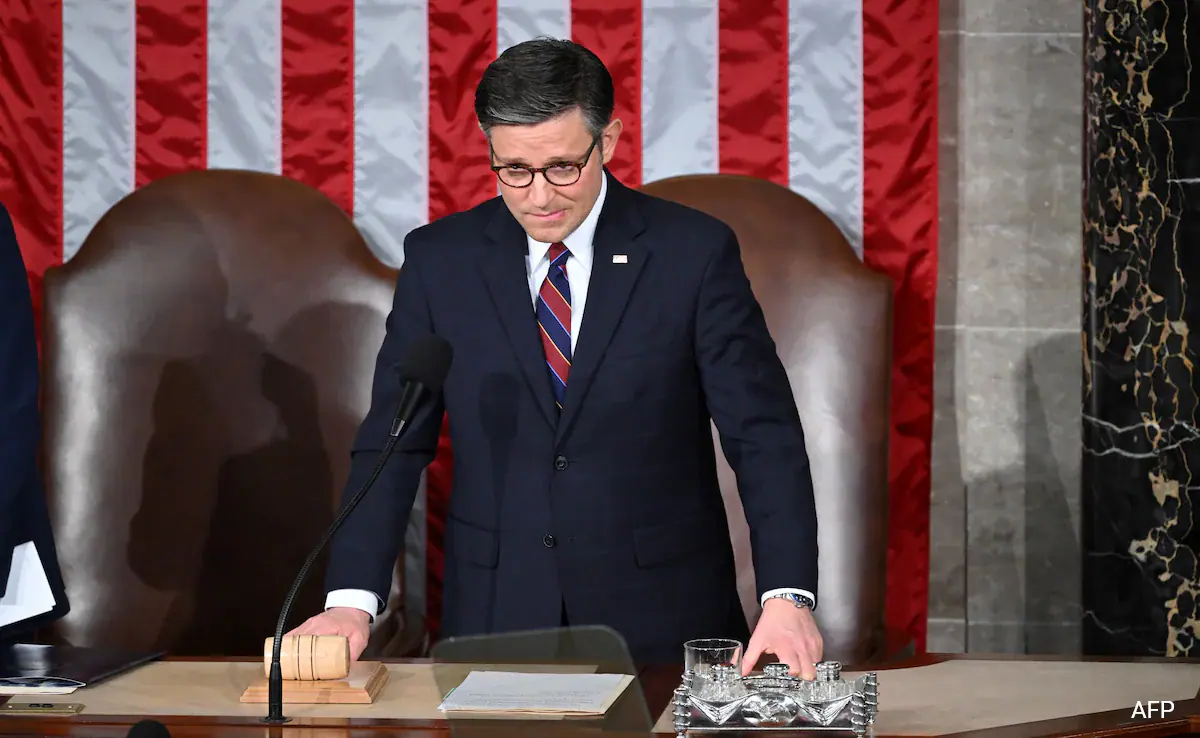The U.S. House of Representatives, under Republican Speaker Mike Johnson, will deliberate separate legislation for aid to Israel and Ukraine this week, deviating from the combined Senate bill passed earlier.
Johnson announced this decision after a meeting with House Republicans, revealing that the chamber will consider four bills encompassing aid to Taiwan, Indo-Pacific allies, and national security priorities alongside the Israel and Ukraine aid.
Stressing the importance of American support for allies globally, Johnson affirmed the House’s commitment to standing up for its interests worldwide.

The delay in aid distribution stems from Johnson’s reluctance to adopt the $95 billion bipartisan Senate bill, which includes substantial aid for Israel and Ukraine.
Despite the urgency prompted by Iran’s recent missile and drone attack on Israel, Johnson has cited various reasons for postponement, including the need for a thorough review and a focus on domestic issues.
Additionally, internal pressures from hard-right Republicans threaten Johnson’s leadership, particularly concerning aid to Ukraine, as some members align closely with former President Donald Trump‘s skepticism toward aiding Kyiv in its conflict with Russia.
While the House Freedom Caucus supports aid to Israel, they oppose direct aid to Ukraine, emphasizing the need for separate bills.

Industry observers note that the defense sector is closely monitoring developments, as significant contracts hinge on aid approval.
Both Senate Democrats and Republicans have urged Johnson to expedite the aid process, highlighting the importance of timely assistance amid escalating tensions in the Middle East and Eastern Europe.
As Ukraine appeals for robust support to counter Russian airstrikes, the House faces mounting pressure to act decisively in advancing aid legislation.





